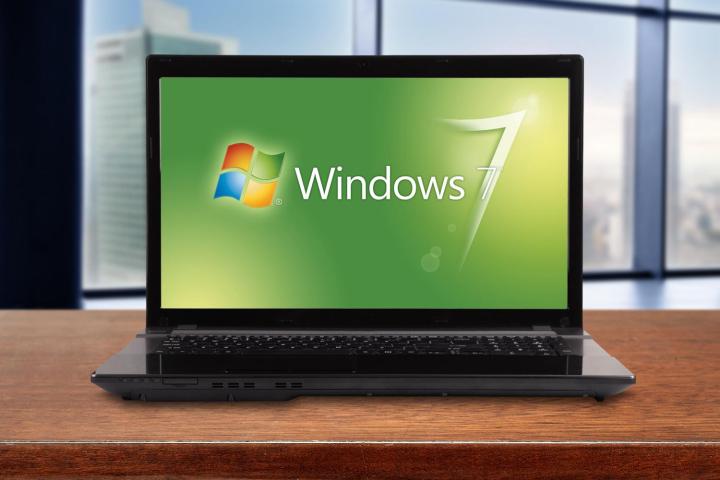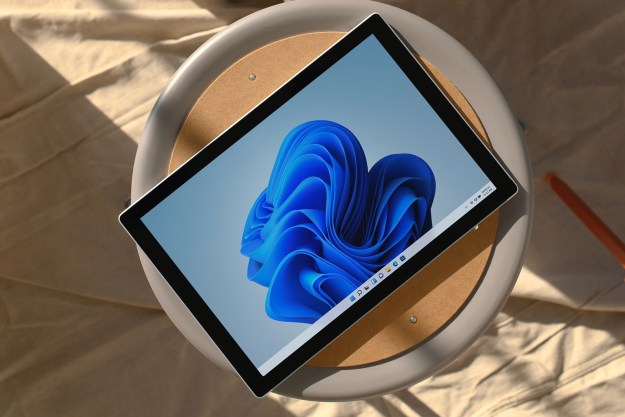
Mainstream support and the free security patches for Windows 7 are scheduled to end in January 2020, but that doesn’t appear to be stopping people from upgrading to newer versions of Windows. According to new data published by the Russian security firm Kaspersky, many are still clinging to the nearly 10-year-old Microsoft operating system, especially those in small and medium-sized businesses.
Of all its surveyed individuals, Kaspersky finds that nearly 38% of general consumers with PCs are still running Windows 7. That’s compared to the 53% running Windows 10, and the 7% on Windows 8.1. And, when it comes to very small businesses, the numbers are similar. According to the data, 38% of small businesses are still running Windows 7, compared to 55% with Windows 10. A total of 5% of very small businesses, meanwhile, continue to run Windows 8.1, and 1% with Windows 8.
Though other data from Net Applications had indicated some might be moving to Windows 10, those who are still holding on to Windows 7 should be alarmed. Once the end of support for the operating systems arrives in January, Microsoft will no longer provide free security patches and bug fixes. Businesses can pay up for extended support, and Microsoft even launched a program to help businesses move to Windows 10, but general consumers are not covered. This means that their PCs won’t be protected from security issues like trojan viruses, or ransomware with the scope of WannaCry.
“Statistics show that a significant share of users, both individuals and businesses, still use workstations running outdated or approaching end of lifecycle OS.” The widespread use of Windows 7 is concerning as there is less than six months to go until this version becomes unsupported,” said Alexey Pankratov, enterprise solutions manager at Kaspersky.
Windows 7 was only surpassed by Windows 10 in global market share this past January, but Microsoft is trying hard to push consumers away from Windows 7. The company is alerting Windows 7 users about the impending end of support with a pop up that will occasionally appear on their PCs. Microsoft even has a website dedicated to the end of support of the operating system. It provides options for buying new PCs and laptops, backing up photos, and tips and tricks for Windows 10.
Editors' Recommendations
- 7 beloved Windows apps that Microsoft has killed over the years
- It’s not just you: Microsoft confirms Windows 11 is having gaming issues
- More PCs are running Windows XP than Windows 11
- Mozilla still has a beef with Windows 11 — here’s why
- Microsoft is hindering Windows 11 on custom-built PCs


